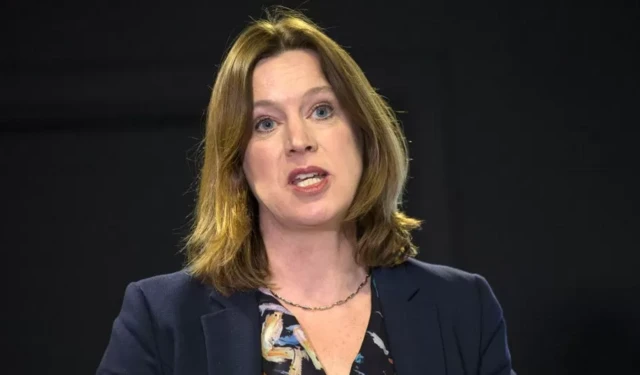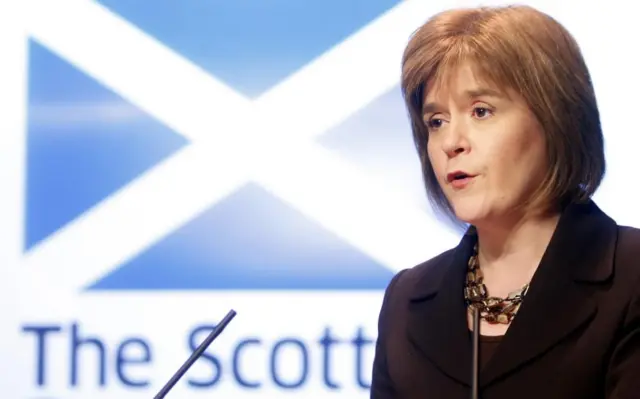Calderwood's resignation had a 'disruptive effect' says Sturgeonpublished at 14:18 GMT 31 January 2024
Jamie Dawson KC asks if Calderwood's resignation was a "cataclysmic event" and also had "an enormous effect on public confidence in the government strategy".
Nicola Sturgeon replies: "I don't believe it did either."
She suggests the evidence through public attitudes and public polling showed it did not have that effect.
"It did have a disruptive effect, but it was one we were able to overcome quickly."
Dr Gregor Smith was able to step up and do a very good job, she adds.




